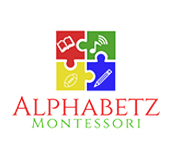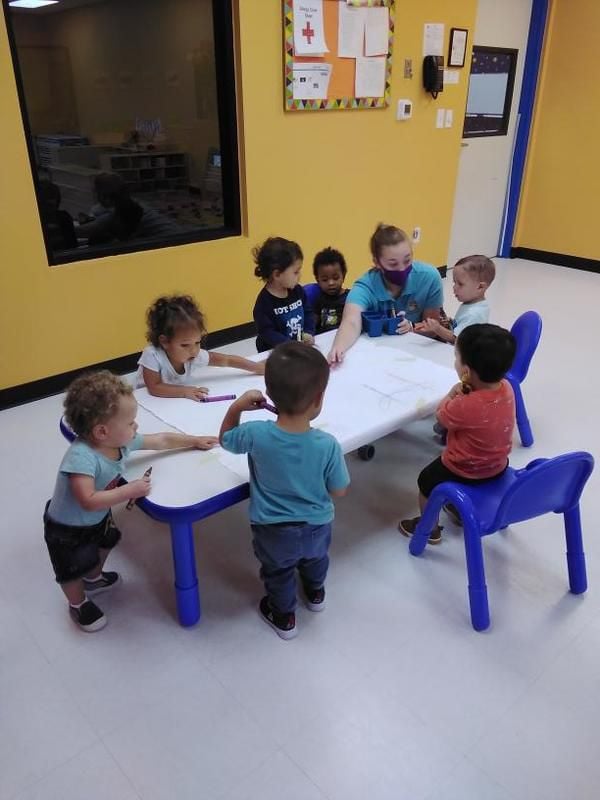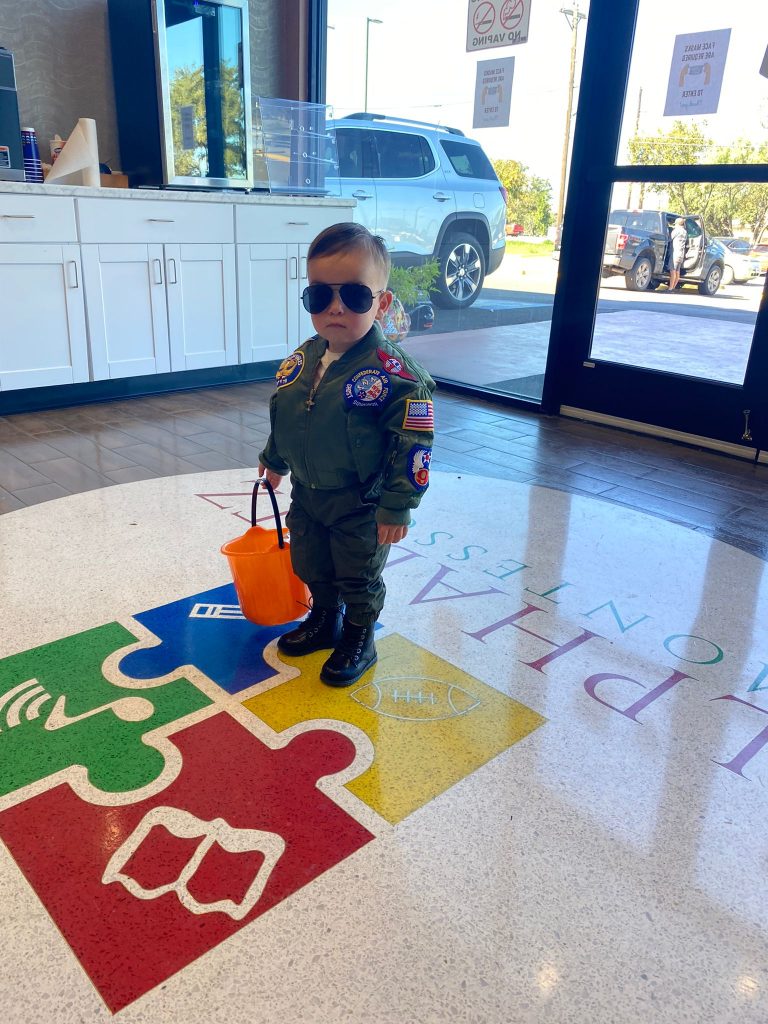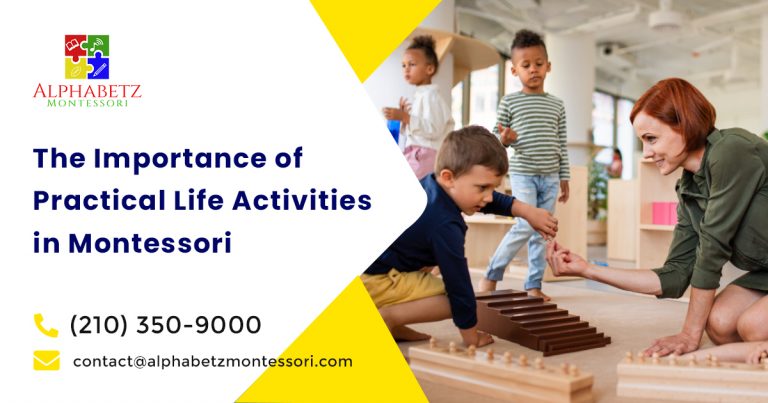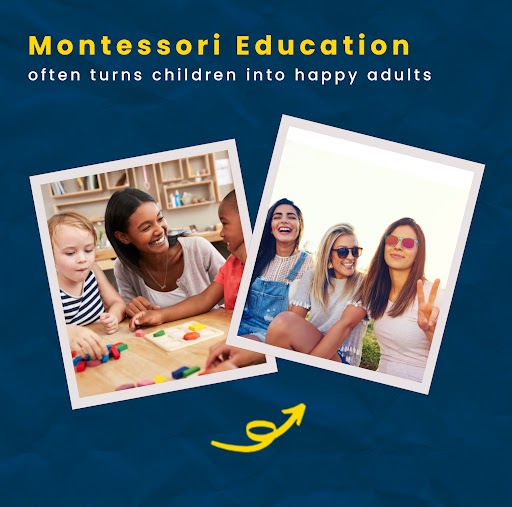Disrupting routine is one of the joys of raising children. Everyday activities become thrilling discoveries and pleasant challenges for kids. The child has to learn new skills including cooking, dressing, cleaning, and more.
In the Montessori method, children are encouraged to study from an early age. This is how the Montessori practical life curriculum organizes everyday routines. It also offers a pedagogical approach that elevates and enables the kid to pursue these talents. Montessori’s practical life fosters independence, focus, and accountability. Less formalized activities focus on self-care and environmental protection.
What are practical life activities?
A child’s developmental stage determines which practical life activities are appropriate for them. Enrichment activities in elementary and middle school vary from simple chores like dressing and washing hands to more sophisticated ones like baking or writing a business plan.
Why are practical life activities necessary?
When handled seriously and as a challenge, these activities have inherent dignity. Dressing or juicing an orange are not easy chores. The child is learning to self-direct a complex motor sequence to achieve personal objectives. Instilling self-belief and self-discipline in children early on helps them succeed in life.
Strangers may wonder why a child prefers washing dishes over learning arithmetic. The practical life Montessori curriculum develops the same fundamental executive and emotional skills as academic courses. In arithmetic, reading, and language, these abilities are present in the learning process.
What are some practical life activities?
1. Self-Care: These activities help children develop physical autonomy. Learn to wash your hands and dress. Making a sandwich or packing an overnight bag may be as simple as assisting an 18-month-old pull down his pants.
2. Environmentalism: A Montessori classroom must be neat. Children learn how to clean and enjoy their environment through practical exercises. In this section, you will learn how to set the table, clean up, and water and care This exercise teaches the kid to gather cleaning supplies, take a pitcher to the sink, fill it with water, and clean the table. Toddlers enjoy arranging flowers in the classroom. While performing a complicated series of tasks in a predefined sequence, individuals get to pick what makes it the most attractive (separating the flowers, filling vases with water, etc.)
There are several levels to these! Kids learn problem-solving skills and have fun. Second, these activities often have subtle curricular connections. This habituation of motor control and attention to English reading and writing is a hallmark of a Montessori classroom.
In addition to fine motor skills, practical life activities may help children develop attention, order, self-reliance, independence, and respect for others, as well as a sense of community.
Alphabetz Montessori has been actively implementing such practical life activities and makes sure to provide all-around development of children. Along with knowledge and education programs, we aim to provide them life inspirations for their creative mindset growth.
